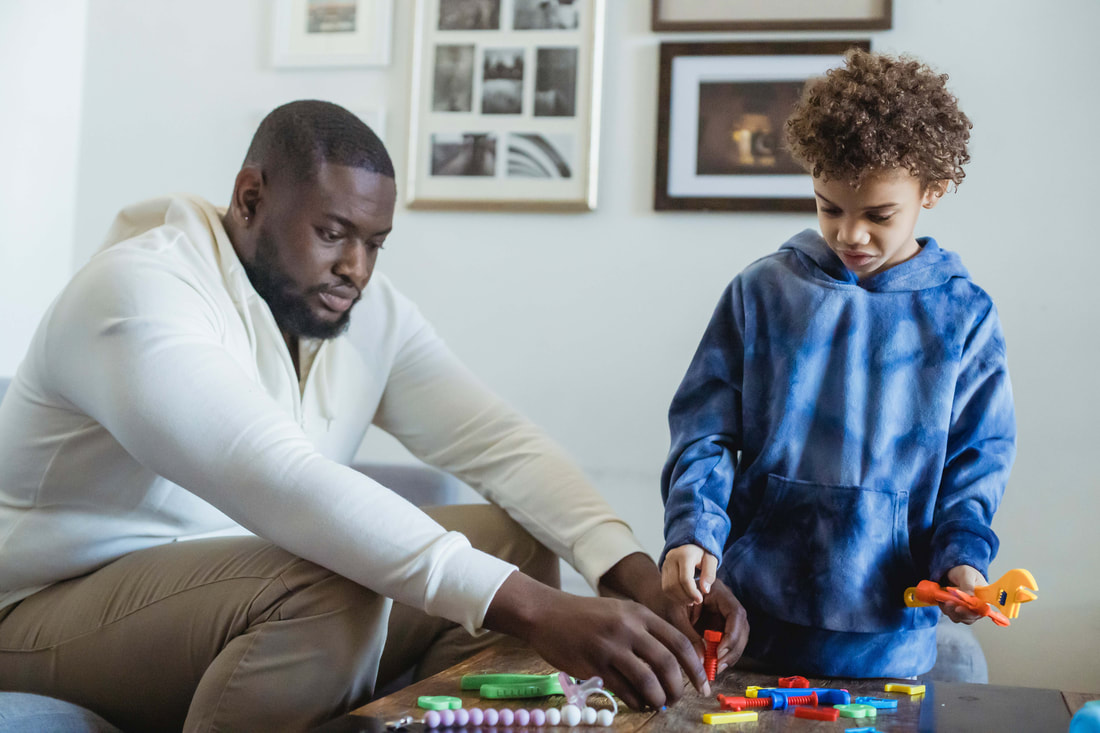 The Five Pillars of Family Literacy are evidence-based statements about literacy that have been curated from a school principal, poverty expert, renowned reading expert, economists and a social mobility study. The Metro East Literacy Project activities are based on these pillars. Let's look at Pillar Four. Pillar Four What seems to be more important than involvement and coming to school by parents is whether parents provide insistence, expectations, and support at home. Perhaps we need to rethink the focus of parent training. --Ruby K. Payne, Ph.D., author of A Framework for Understanding Poverty (aha! Process, Inc.) The recipe for educating a child contains many ingredients to be successful. Parent training is one of them. Parent training is making the parents aware of the supports they can provide at home to help the child succeed in school. I listed some of those in the last article on Pillar Number Three about home-based inputs. Click the link here to read. When I was a parent educator doing home visits, I found one thing to be true: parents love their children. To the best of their ability, they want to do what is best to help their kids thrive. If I told a parent to put their newborn baby on their back for safe sleep, the parents were now aware and happy to comply. If I told a parent to remove certain foods, toys, and other small objects from toddlers to prevent choking hazards, the parents were now aware and happy to comply. Parents did not resist the advice and resources I provided, because they had reached out and asked for help from my organization. They sought the training. Education works best when we all help each other. Teachers can help the children. Parents can help the children and the teachers. Administrators can help the school run smoothly. And children can and do help each other. It all works in a healthy symbiotic relationship that avoids blaming one another. When parents accept their responsibility in the cycle of education, that's not blame: that's empowerment. They may advocate for their children at school, but they have the most power at home, the original training center. I think that's what poverty expert Dr. Ruby Payne meant when she said to focus on parent training.
0 Comments
Leave a Reply. |
|
 RSS Feed
RSS Feed